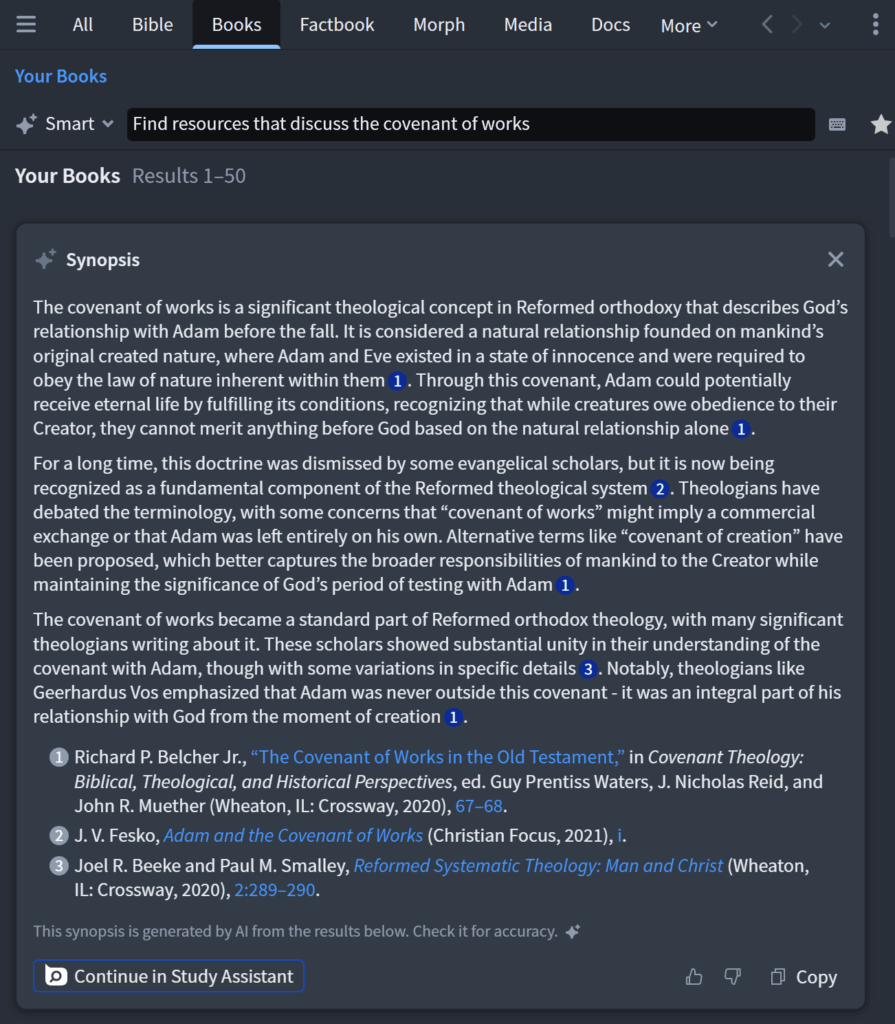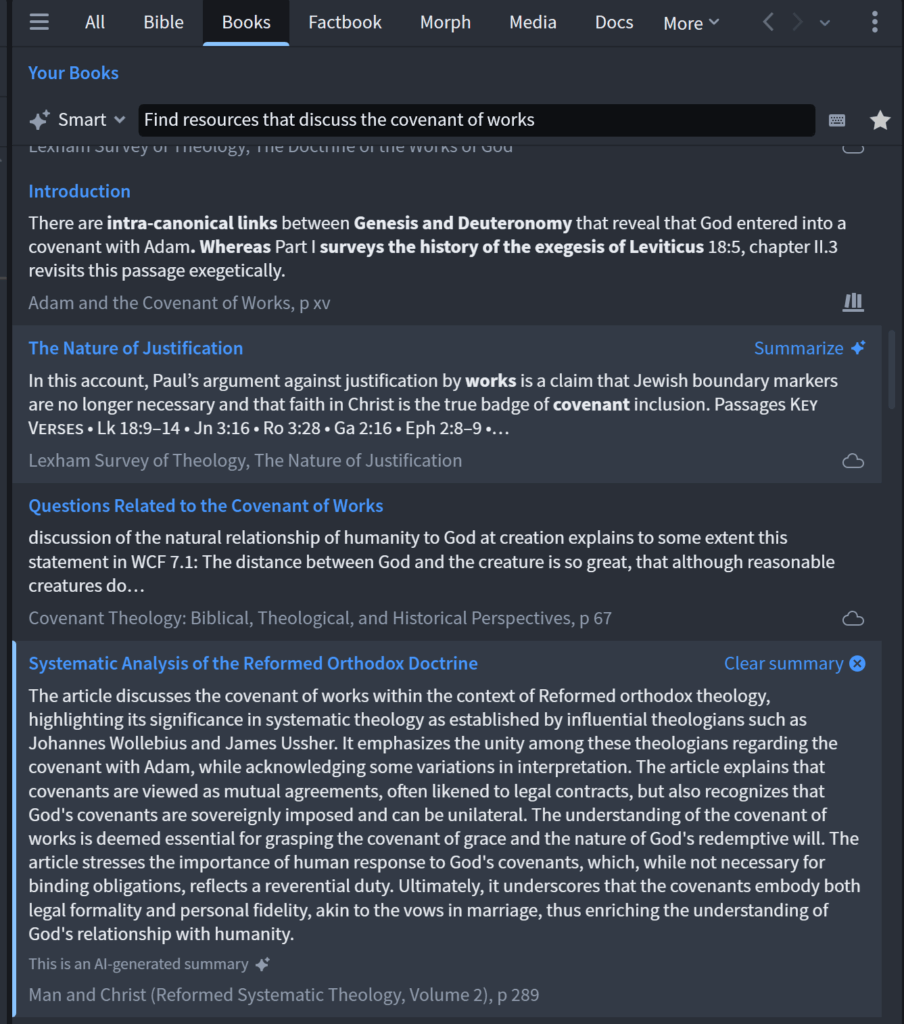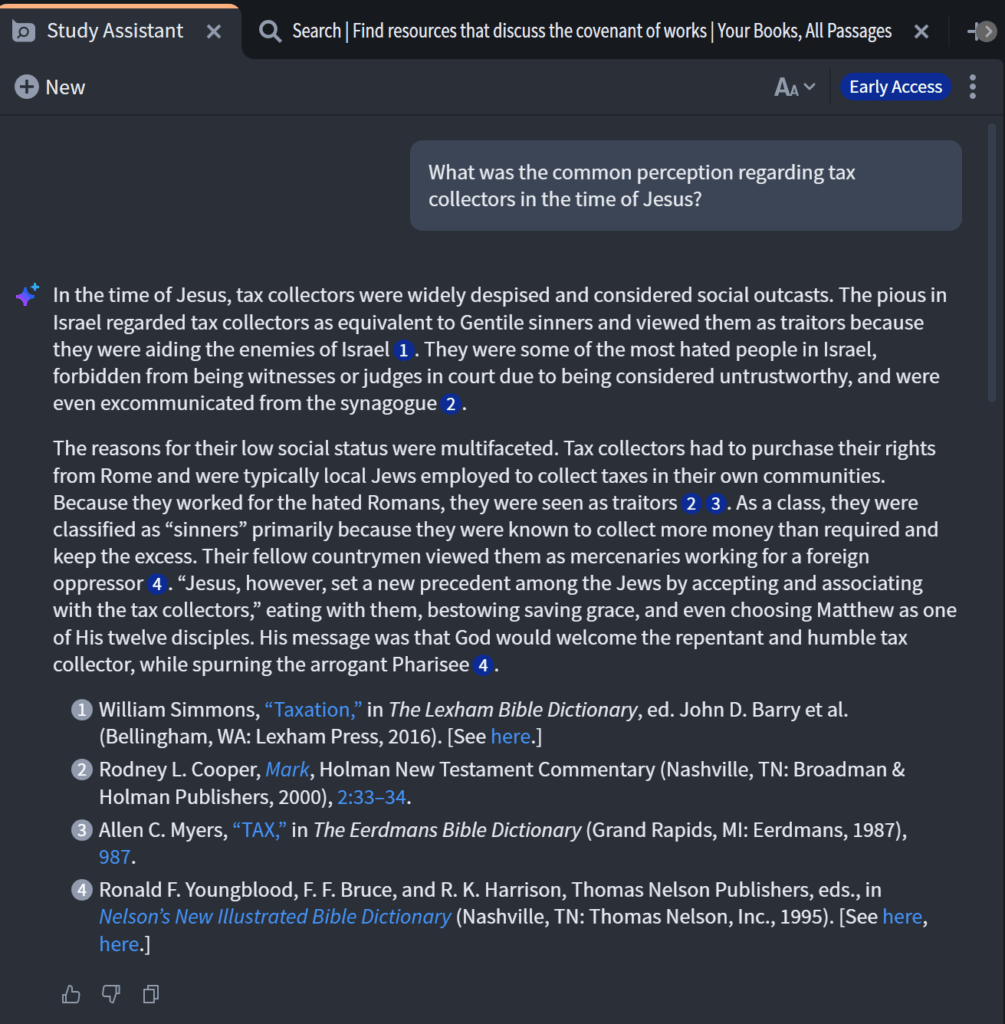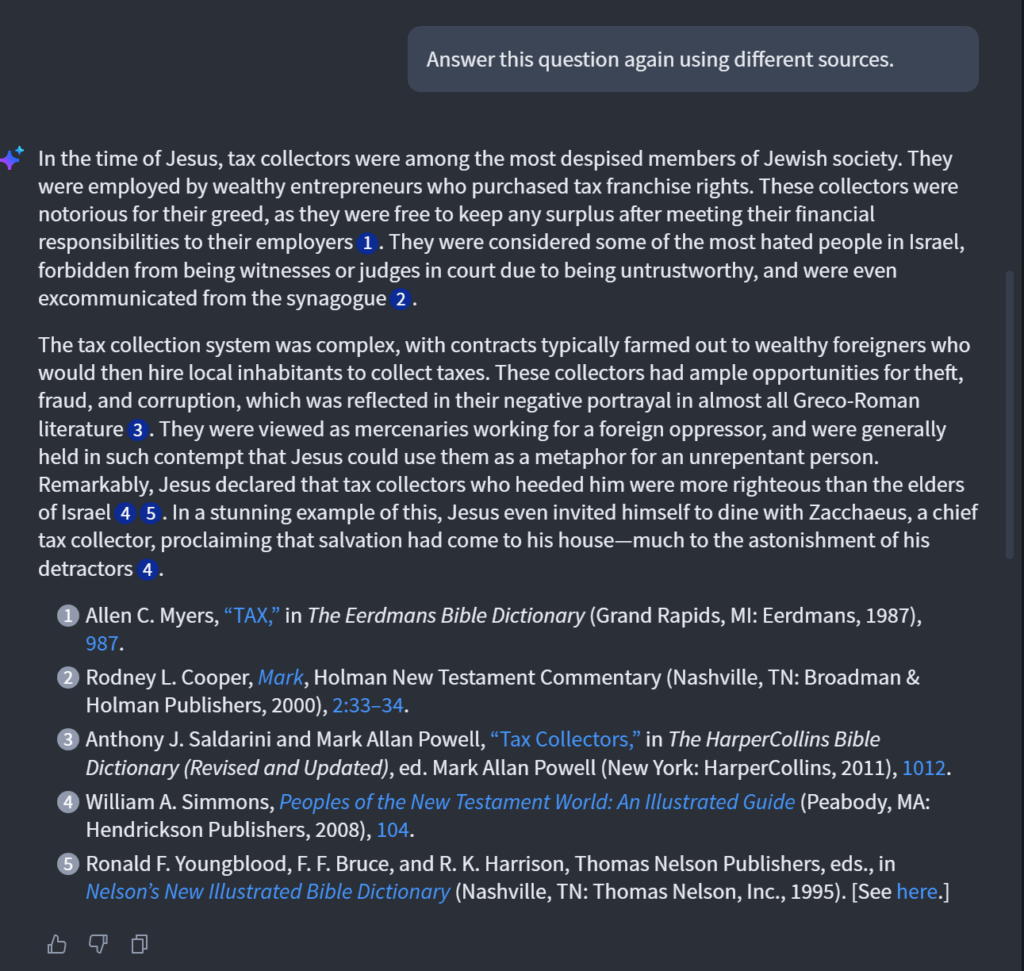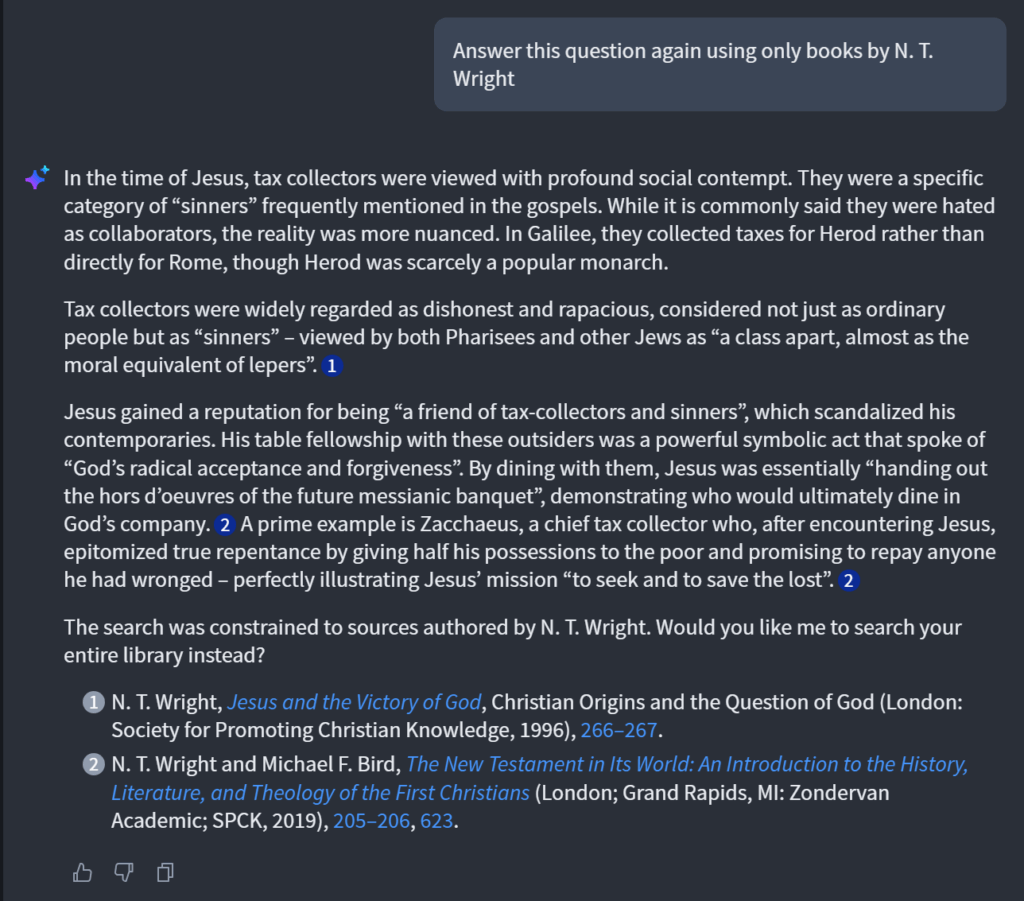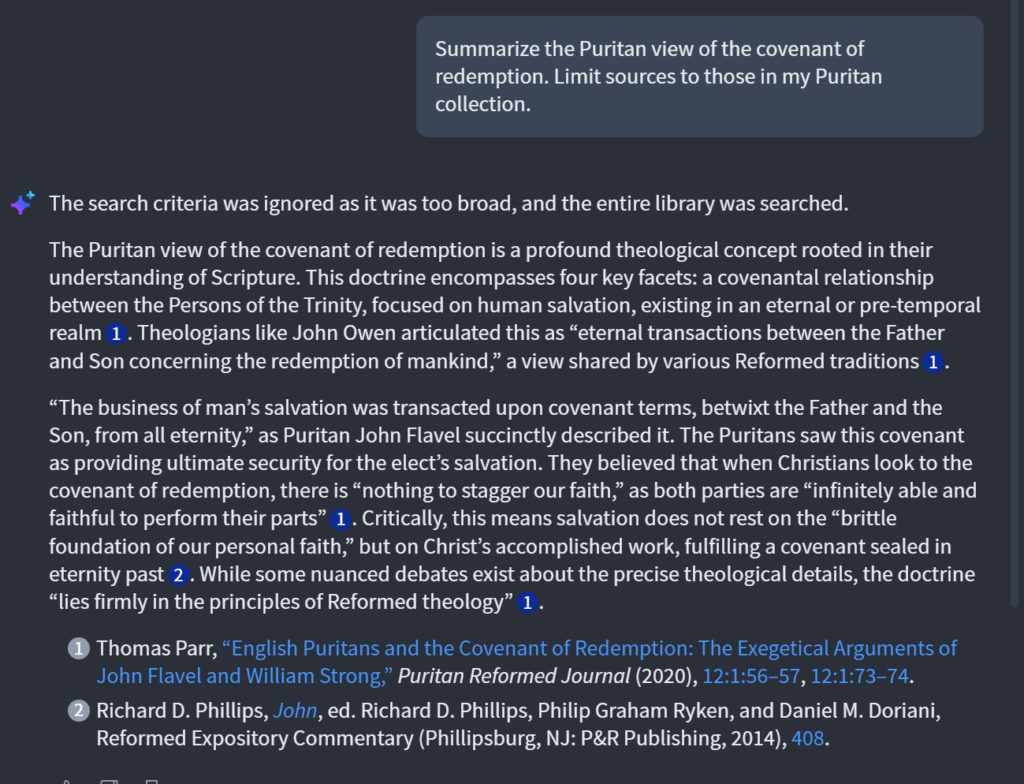The newest issue of the BJU Seminary journal has been released.
I wrote a review critiquing Simon Kennedy’s book Against Worldview. Here is my concluding paragraph:
Simon Kennedy is correct that the term worldview has proliferated in discussions of Christian education. There is certainly much that flies under the banner of worldview that deserves critique, and some of Kennedy’s critiques legitimately apply to some who claim the worldview label. Nonetheless, Kennedy’s critique falls short on three grounds. First, he has not substantively engaged the thought of the best worldview thinkers. Second, his protest against the intrusion of worldview into the academic subjects and his assertion of the Bible’s irrelevance to much of academic life reveals a superficial approach to the application of Bible to life as well as lack of awareness regarding the theological issues raised in the teaching of the various academic disciplines. Third, Kennedy’s rejection of the antithesis between the wisdom of God and the wisdom of the world is an overreaction to the apologetic emphasis of some worldview thinkers.
I would also commend Layton Talbert’s article, “A Proverb in the Hand Is Worth Two in the Bush: A Hermeneutical Proposal for Handling Biblical Proverbs.” This article is especially helpful for thinking through what kinds of proverbs may have exceptions and which do not.

